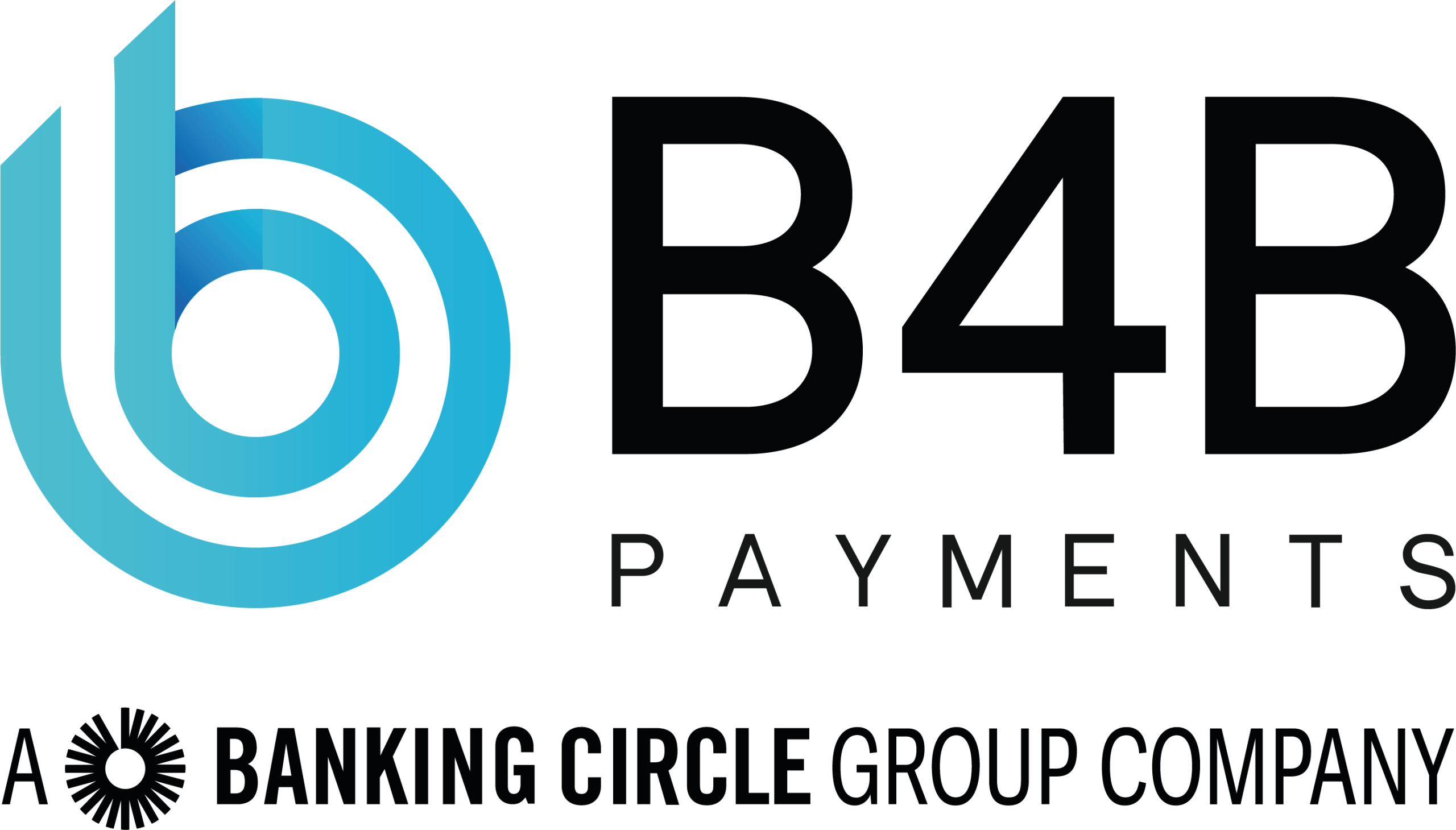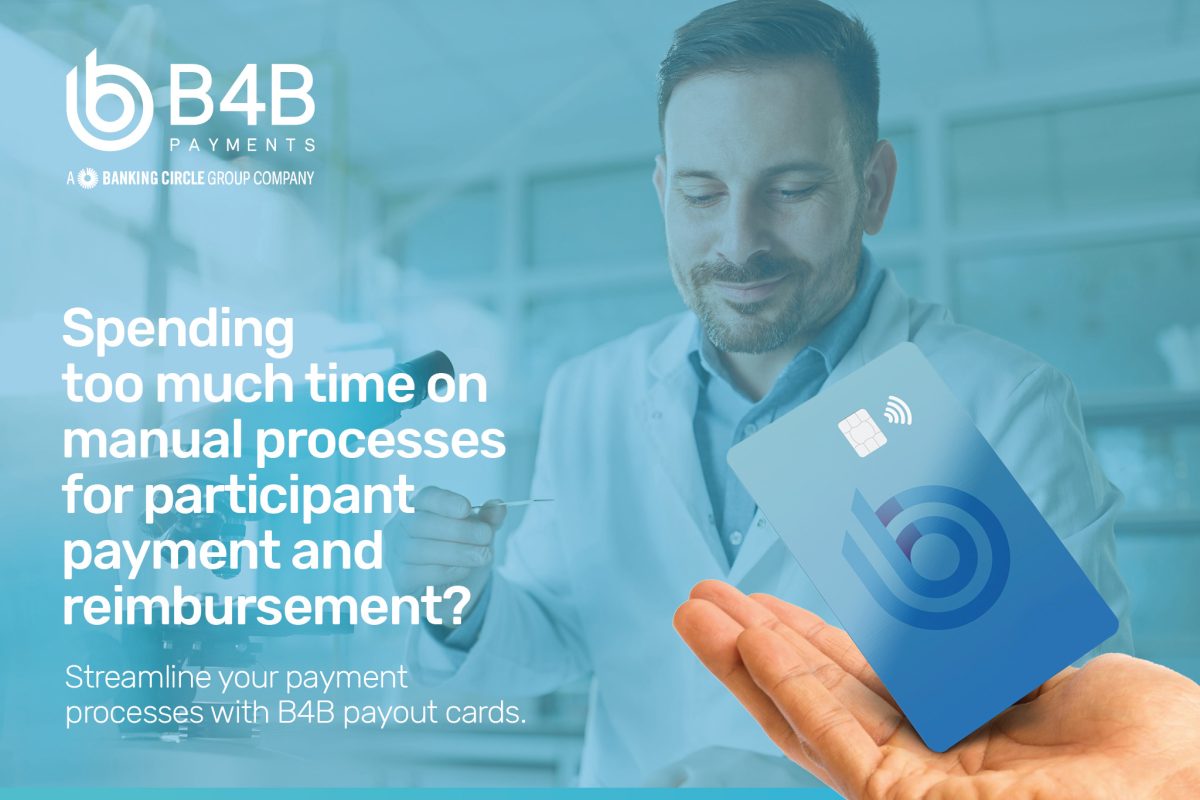Clinical trials are crucial in advancing medical knowledge and improving patient care. However, the administrative tasks associated with managing participant compensation are often a significant burden for researchers and site personnel. According to recent studies, 44% of site personnel engaged in accounting also juggle other study-related responsibilities. This administrative workload can detract from the scientific focus of the research process. Fortunately, there are innovative solutions to address these challenges and streamline the compensation process.
Leveraging Digital Payment Methods
Adopting digital payment platforms is one of the most promising advancements in simplifying clinical trial participant compensation. Traditional methods of compensation disbursement often involve manual paperwork, which is not only time-consuming but also prone to human errors. By embracing digital payment platforms, researchers can automate the compensation disbursement process, reducing the need for extensive paperwork. Digital payment platforms offer secure and seamless compensation transfers, ensuring that participants receive their compensation in a timely manner. This enhances participant satisfaction and frees up valuable time for researchers and site personnel. Instead of allocating significant hours to processing payments, these individuals can redirect their efforts towards more critical aspects of the trial.
Moreover, prepaid debit cards have become a convenient and flexible payment method for clinical trial participants. These cards can be loaded with compensation funds and used just like regular debit cards, issued instantly as either a virtual or physical card, and provide participants with a hassle-free way to access their funds. Prepaid debit cards offer participants the freedom to choose how and when to use their compensation. This flexibility enhances participant satisfaction and encourages continued engagement and participation in the trial.
Time and Cost Savings
One of the most compelling advantages of digital payment platforms is the potential for significant time and cost savings. Research indicates that implementing such platforms can save up to 15 minutes per participant, considerably reducing administrative burden. These time savings compound as the number of participants in a clinical trial increase.
Researchers can devote more attention to study design, data analysis, and patient care by reallocating these saved hours. Furthermore, the cost savings associated with transitioning to digital payment platforms should not be overlooked.
By digitizing payments, administrators can significantly reduce manual paperwork, printing, and postage costs, leading to considerable financial benefits throughout a clinical trial. These cost savings can be reinvested into other research areas, contributing to the overall success of the study.
Automated Payment Tracking Systems
Automated payment tracking systems have gained traction further to improve the transparency and efficiency of the compensation process. By automating payment tracking, researchers can identify and promptly address discrepancies or issues. This proactive approach prevents potential delays in compensation disbursement and maintains participant trust throughout the trial.
These payment systems provide real-time monitoring of compensation disbursement, allowing researchers and site personnel to have a clear overview of payment statuses. Real-time tracking minimizes the risk of errors and ensures accurate record-keeping, thus enhancing transparency and compliance.
The administrative burden of managing participant compensation in clinical trials has long been a challenge for researchers and site personnel. However, the landscape is changing with the emergence of innovative payment solutions, such as digital payment platforms, prepaid debit cards, and automated payment tracking systems.
Solutions like B4B Payments’ instant prepaid card issuing platform streamline the compensation process, offer substantial time and cost savings, enhance participant satisfaction, and improve trial transparency. Advanced, easy-to-use payment platforms allow researchers to focus more on their work’s scientific aspects, drive progress in medical research, and ultimately improve patient care.




